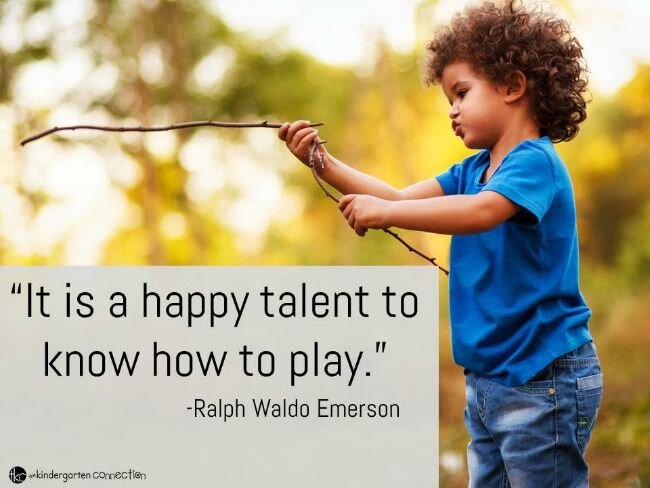PLAY breaks are essential for your child AND you!
Working and studying at home, for many of us, is not turning out to be what we imagined.
I dreamed it would be a wonderful thing to have the entire family at home where we would breeze through our day with laughter and fun, eat healthy lunches, play a board game at night and go to bed happily.
However, many of us are finding that we are:
X Working and studying longer hours
X Moving our bodies less
X Not following a daily routine
X Feeling more anxious and uncertain
X Not feeling as emotionally well
X Not eating balanced meals
Setting up a new way to work and live for all persons under the same roof is a priority. It must be sustainable and flexible to suit the needs for each member of the family. We need something universal to focus on to bring a unique sense of lightness and well-being into our families, now more than ever.
This is where play comes in handy.
There are numerous benefits of play, not just from a developmental perspective, but also from a social perspective to improve mental health.
Play is essential for:
brain development and engagement;
reducing obesity and related diseases;
managing stress and trauma; and
family bonding.
Play can be an essential way to assist us in maintaining a positive, peaceful and relaxing home environment, during these turbulent and uncertain times.
What is PLAY exactly?
Play is the direct opposite of work. It provides a sense of freedom with added benefits in the development and engagement of social, emotional and physical skills. There are many forms of play including but not limited to:
Physical - exercise, sports, yoga;
Creative - painting, drawing, instruments , using colours;
Manipulative - puzzles, models, building, gardening, cooking;
Symbolic - make-believe, pretend play;
Dramatic - often therapeutic, acting out or discussing situations both anticipated or experienced, journaling, self-reflection;
Familiarization - reenactments, exploration of potential experiences, through story telling, acting, laughter.
How do I PLAY more?
Structure play to break up your work day.
Incorporate play into morning, lunchtime and nighttime routines
Incorporate play into children’s home-schooling ( home-schooling plan for you here)
Use play time for meal breaks and connection with family members
Play time should be a physical activity at least once a day
Use play for self-reflection and connection
ALWAYS make-sure your weekends are very different to your work days. You might be in the same environment but play needs to be a higher dose during the weekend!
Let’s be gentle with ourselves as we navigate this new way of living by consciously and proactively incorporating healthy habits to support the well-being of the entire family.




